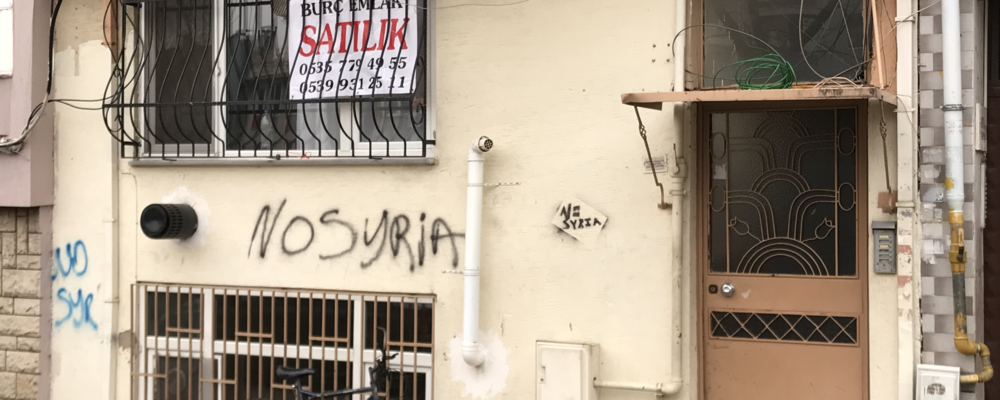The arrival of new groups of people almost always signifies a substantial change in a country, and this change is even more palpable when the arrival occurs in large influxes. This kind of large-scale influx affects the existing social dynamics, leading to functioning multiculturalism or intensified fractionalizations between groups. In both cases, new social orders emerge and social negotiations between host community members and refugees shift with the population influx.
Most of the earlier research on forced migration focuses on a Western context, showing how everyday politics influence new social dynamics in cities of arrival. That research highlights the cultural differences between the host community members and the refugees in a non-Western context.
– To analyse whether these findings are applicable in non-Western context I have examined a South-South forced migration movement, from Syria to Turkey. This is a context in which both groups share the religion, Islam, but not the language, Turkish vs Arabic. My results show that everyday politics is an aspect in explaining why social conflicts occur here too, says the author of the thesis Ezgi Irgil.
Conflicts reflected in the use of urban public spaces
According to UNHCR, Turkey hosts the highest number of Syrian refugees in the last decade and the country serves as a critical case study. Ezgi Irgil interviewed 108 individuals: 60 host community members, 40 Syrian refugees, and 8 elite, in Çarşamba district in the Bursa province of Turkey. She asked them how everyday politics does manifest itself in the social dynamics of neighbourhoods that are undergoing a demographic change following a refugee influx. These conflicts are reflected in the use of urban public spaces, such as bazaars or mosques, regarding how these places should be used.
– Everyday politics covers various social dynamics of everyday life within the contexts of forced migration and influences one’s psychology, perception of others, and navigation of possible interactions. Everyday politics is manifested through individuals’ behaviour. Thus, I show how individuals’ behaviour becomes part of everyday politics in the context of forced migration through the interactions they have with one another in urban public spaces.
Contribution to future research
Studying everyday politics in forced migration contexts enables researchers to understand individuals’ behaviours in addition to their attitudes, which are crucial elements of everyday politics that combine all aspects of intergroup encounters.
Analysing everyday politics within local policymaking highlights the approaches to local refugee governance in contexts that have undergone or are undergoing demographic changes.
– In this dissertation, I present empirical evidence to support these arguments to analyse the current and potential governance of and intergroup encounters in forced migration. In that regard, the findings of this study carry the potential to contribute to future research and policymaking in forced migration, says Ezgi Irgil.
